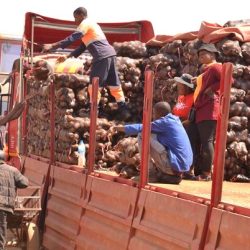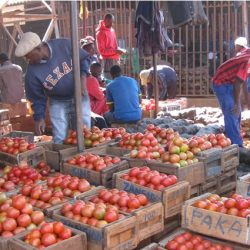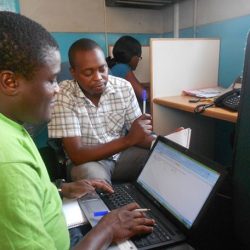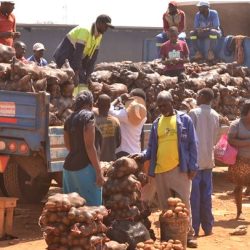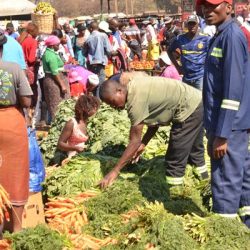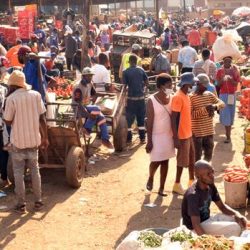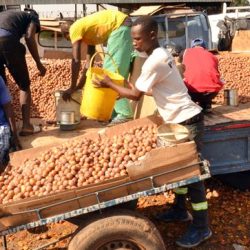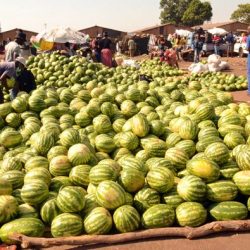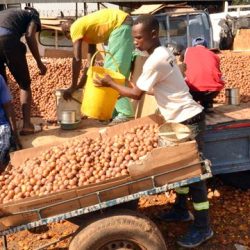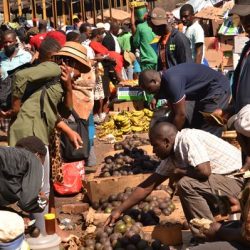How African mass food markets use moments of truths to redefine roles
How African mass food markets use moments of truths to redefine roles People who blame middlemen for messing up the market have no idea about the role playing by different market actors to keep the market functioning smoothly. It is when the market is in action that one can see the extent to which the Read more about How African mass food markets use moments of truths to redefine roles[…]

